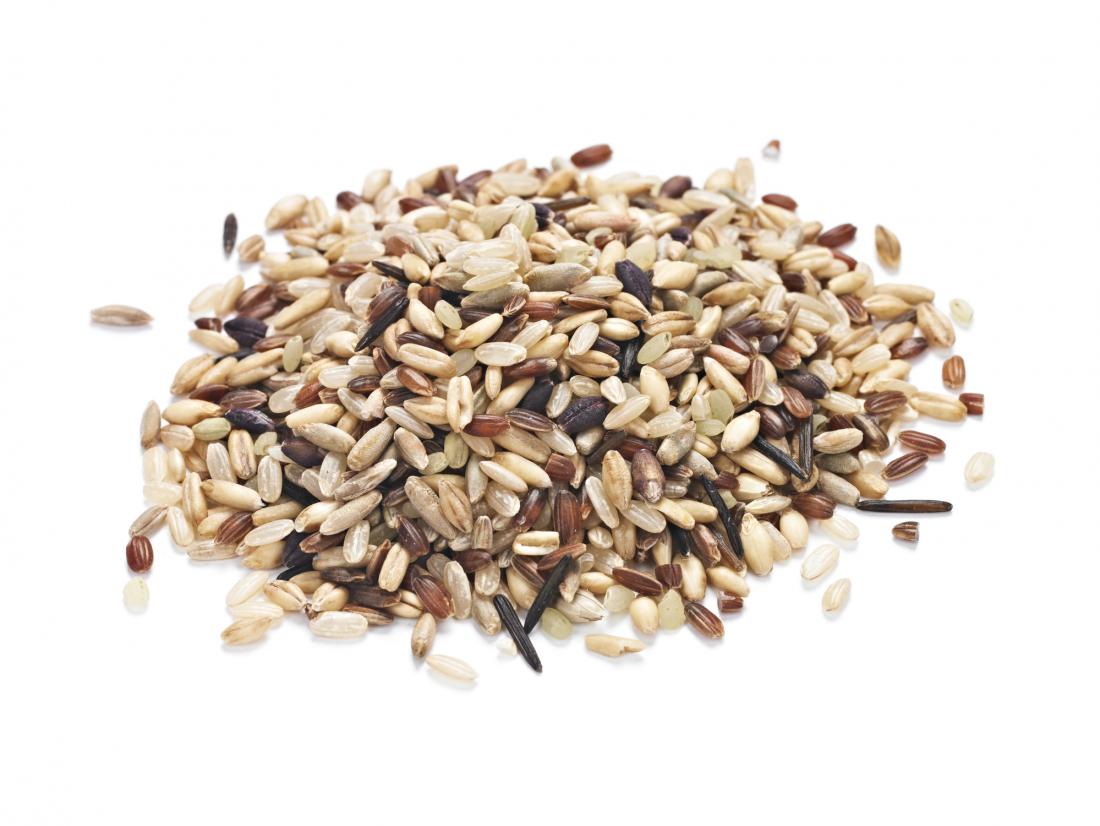What makes whole grains so healthful?

Lately, it has become common knowledge that eating foods that contain whole grains is good for our health. However, we are only now unraveling exactly why this is the case.
Drink enough water, get enough sleep, eat fresh fruits and vegetables, and eat whole grains; the importance of these behaviors is drilled into us.
It is fairly easy to see why the first three items are on the list above; the fourth, though, has proven more challenging to understand.
Studies have demonstrated a raft of benefits associated with consuming higher levels of whole grains; they seem to protect against chronic diseases and reduce the risk of all-cause mortality.
Diets that are rich in whole grains have also been shown to reduce cardiovascular risk factors, help maintain a healthy weight, and much more besides.
Why they should carry these benefits is not clear. Now, for the first time, scientists at the University of Eastern Finland in Kuopio are getting to the bottom of the molecular mechanisms behind whole grains' health benefits.
Whole grains reopened
Principal investigator Dr. Kati Hanhineva explains why the scientists began looking into this, saying, "Whole grains are one of the healthiest foods there is. For instance, we know that a high intake of whole grains protects against type 2 diabetes and cardiovascular diseases."
"Up until now, however, we haven't understood the cellular mechanisms through which a whole grain-rich diet impacts our body."
The recent study looked at the effects of a grain-heavy diet on both mice and humans, and the new findings were published recently in The American Journal of Clinical Nutrition.
After participants had eaten higher levels of whole grains for 12 weeks, the researchers carried out a metabolomics analysis; metabolomics is the study of chemical processes involving metabolites, which are small molecules formed by and during metabolic processes.
The researchers were particularly interested in betaine, a group of compounds that has a range of biological functions. Whole grains are an important dietary source of betaine compounds, and the researchers had a hunch that they might help explain whole grains' healthful benefits.
